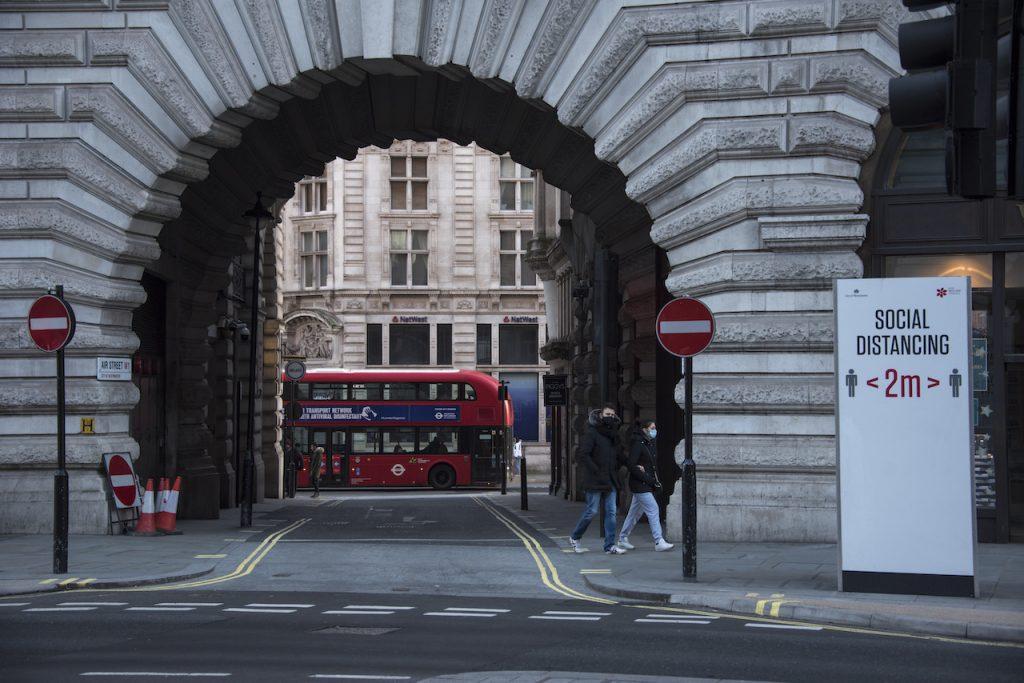‘Hard to compute sorrow’ of 100,000 deaths, says UK PM Johnson
The UK is the fifth country to pass 100,000 deaths, coming after the US, Brazil, India and Mexico.
Just In
More than 100,000 people have died with Covid-19 in the UK, after 1,631 deaths within 28 days of a positive test were recorded in the daily figures.
Prime Minister Boris Johnson said he took “full responsibility” for the government’s actions, saying: “We truly did everything we could.”
“I’m deeply sorry for every life lost,” he said.
A total of 100,162 deaths have been recorded in the UK, the first European nation to pass the landmark.
Johnson told Tuesday’s Downing Street news conference that it was “hard to compute the sorrow contained in this grim statistic”.
The UK is the fifth country to pass 100,000 deaths, coming after the US, Brazil, India and Mexico.
A surge in cases in recent weeks – driven in part by a new, fast-spreading variant of the virus – has left the UK with one of the highest coronavirus death rates globally.
A further 20,089 coronavirus cases were recorded on Tuesday, continuing a downward trend in the number of UK cases seen in recent days. The number of people in hospital remains high, as do the UK’s daily death figures.
Johnson said the coronavirus infection rate remained “pretty forbiddingly high” despite lockdown restrictions which have been in place in England since Jan 5.
Under the national lockdown, people in England must stay at home and only go out for limited reasons – including for food shopping, exercise, or work if they cannot do so from home. Similar measures are in place across much of Scotland, Wales and Northern Ireland.
Most of the deaths have come in two waves – the sharp, sudden surge in the spring followed by a slow and sustained rise throughout autumn and winter.
Mistakes have been made – the delay locking down back in March is one that is often cited even by the government’s own advisers.
The UK, like much of Europe, was also woefully underprepared with limited testing and contact tracing systems.
But the ageing population, high rates of obesity, the fact the UK is a global hub and its inter-connectedness with Europe are also factors that meant it was unlikely to escape lightly once the virus got a foothold.
Speaking alongside the prime minister, Prof Chris Whitty, England’s chief medical officer, described it as a “very sad day”.
He said the number of people dying “will come down relatively slowly over the next two weeks – and will probably remain flat for a while now”.
NHS chief executive Simon Stevens said there had been “continuing improvements in hospital treatment for severely sick coronavirus patients”.
He said he expected more treatments within the next six to 18 months, adding: “We can see a world in which coronavirus may be more treatable, but for now, it’s a combination of reducing infections and getting vaccinations done.”
Subscribe to our newsletter
To be updated with all the latest news and analyses daily.
